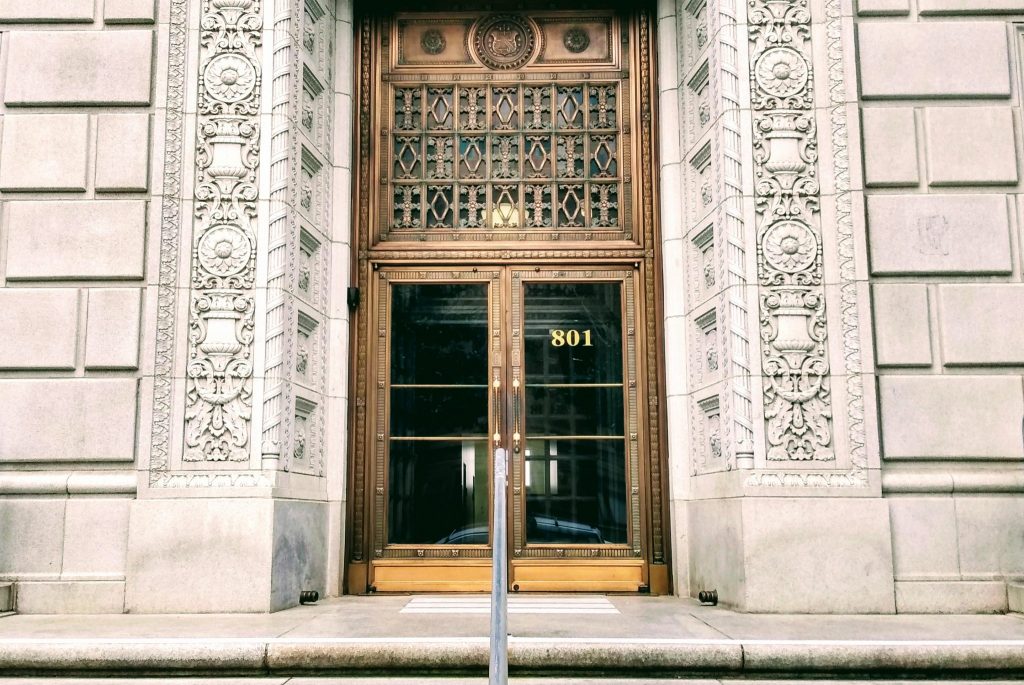The California Legislature is standing up for victims of sexual harassment, and has enacted a law which quotes US Supreme Court Justice Ruth Bader Ginsberg and hinders the ability of Defendants to kick out cases of sexual harassment through summary judgment.
In the past, employers routinely brought motions for summary judgment in sexual harassment cases in an attempt to get the court to dismiss the case without allowing the case to move forward to trial and decided by a jury.
In the face of this injustice, California enacted Government Code §12923, strengthening the rights of sexual harassment victims, and restricting summary judgment in sexual harassment cases.
Government Code §12923 declares that “harassment creates a hostile, offensive, oppressive, or intimidating work environment and deprives victims of their statutory right to work in a place free of discrimination when the harassing conduct sufficiently offends, humiliates, distresses, or intrudes upon its victim, so as to disrupt the victim’s emotional tranquility in the workplace, affect the victim’s ability to perform the job as usual, or otherwise interfere with and undermine the victim’s personal sense of well-being.” It affirms its approval of of the standard set forth by Justice Ruth Bader Ginsburg in her concurrence in Harris v. Forklift Systems (1993) 510 U.S. 17 that in a workplace harassment suit “the plaintiff need not prove that his or her tangible productivity has declined as a result of the harassment. It suffices to prove that a reasonable person subjected to the discriminatory conduct would find, as the plaintiff did, that the harassment so altered working conditions as to make it more difficult to do the job.” (Id. at 26). The law further establishes that “a single incident of harassing conduct is sufficient to create a triable issue regarding the existence of a hostile work environment if the harassing conduct has unreasonably interfered with the plaintiff’s work performance or created an intimidating, hostile, or offensive working environment”, specifically rejecting the United States Court of Appeals for the 9th Circuit’s opinion in Brooks v. City of San Mateo (2000) 229 F.3d 917. The law also explains that “the existence of a hostile work environment depends upon the totality of the circumstances and a discriminatory remark, even if not made directly in the context of an employment decision or uttered by a nondecisionmaker, may be relevant, circumstantial evidence of discrimination”, and affirms the decision in Reid v. Google, Inc. (2010) 50 Cal.4th 512 in its rejection of the “stray remarks doctrine.”
Importantly, Government Code §12923(e) additionally states, “Harassment cases are rarely appropriate for disposition on summary judgment. In that regard, the Legislature affirms the decision in Nazir v. United Airlines, Inc. (2009) 178 Cal.App.4th 243 and its observation that hostile working environment cases involve issues ‘not determinable on paper.’”



